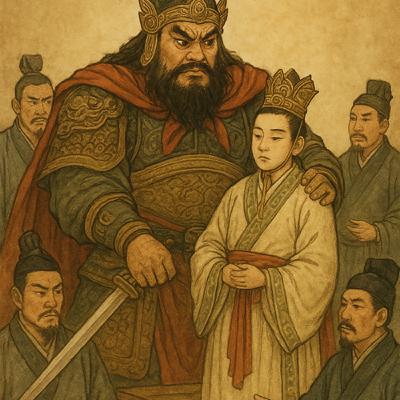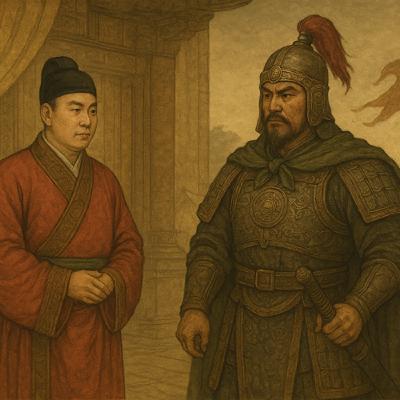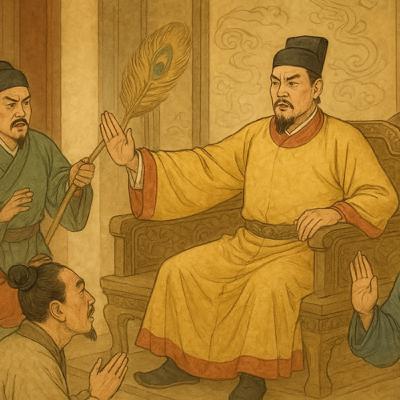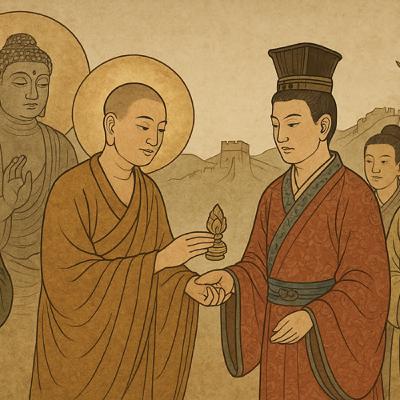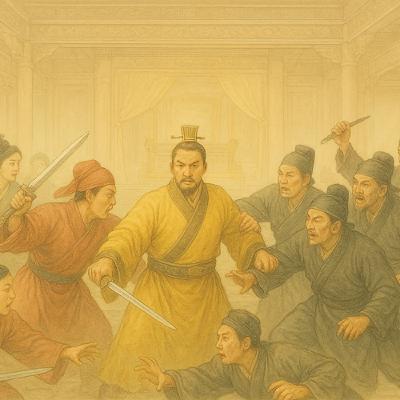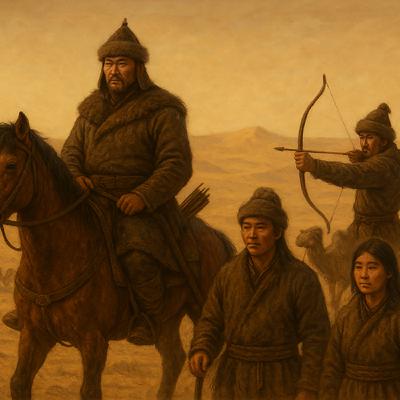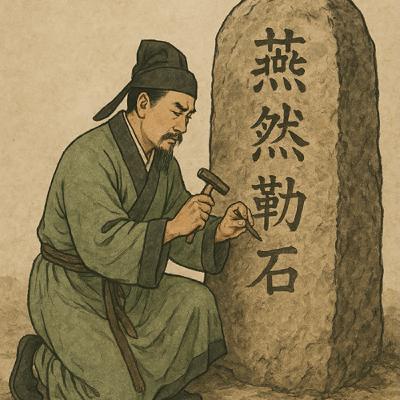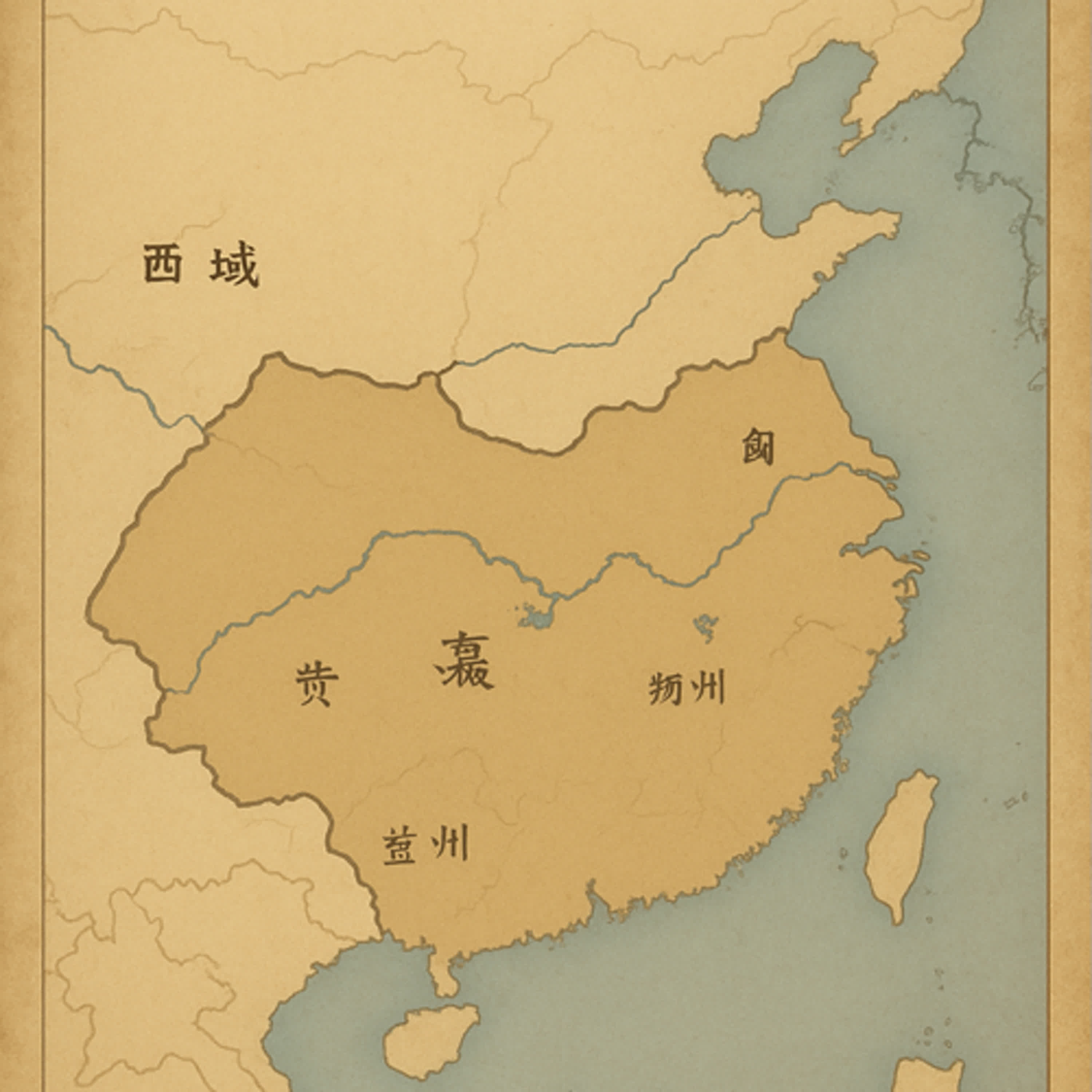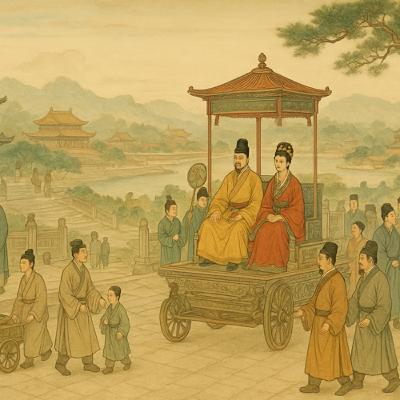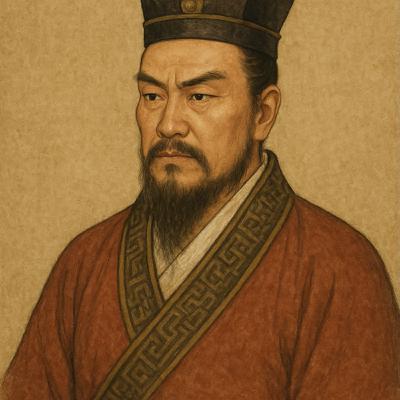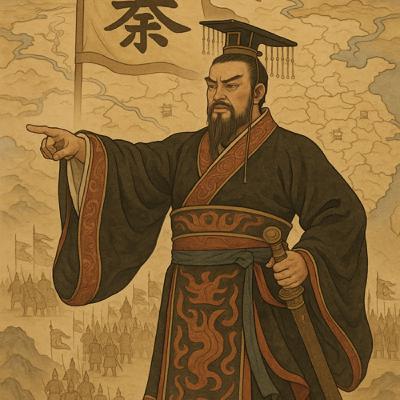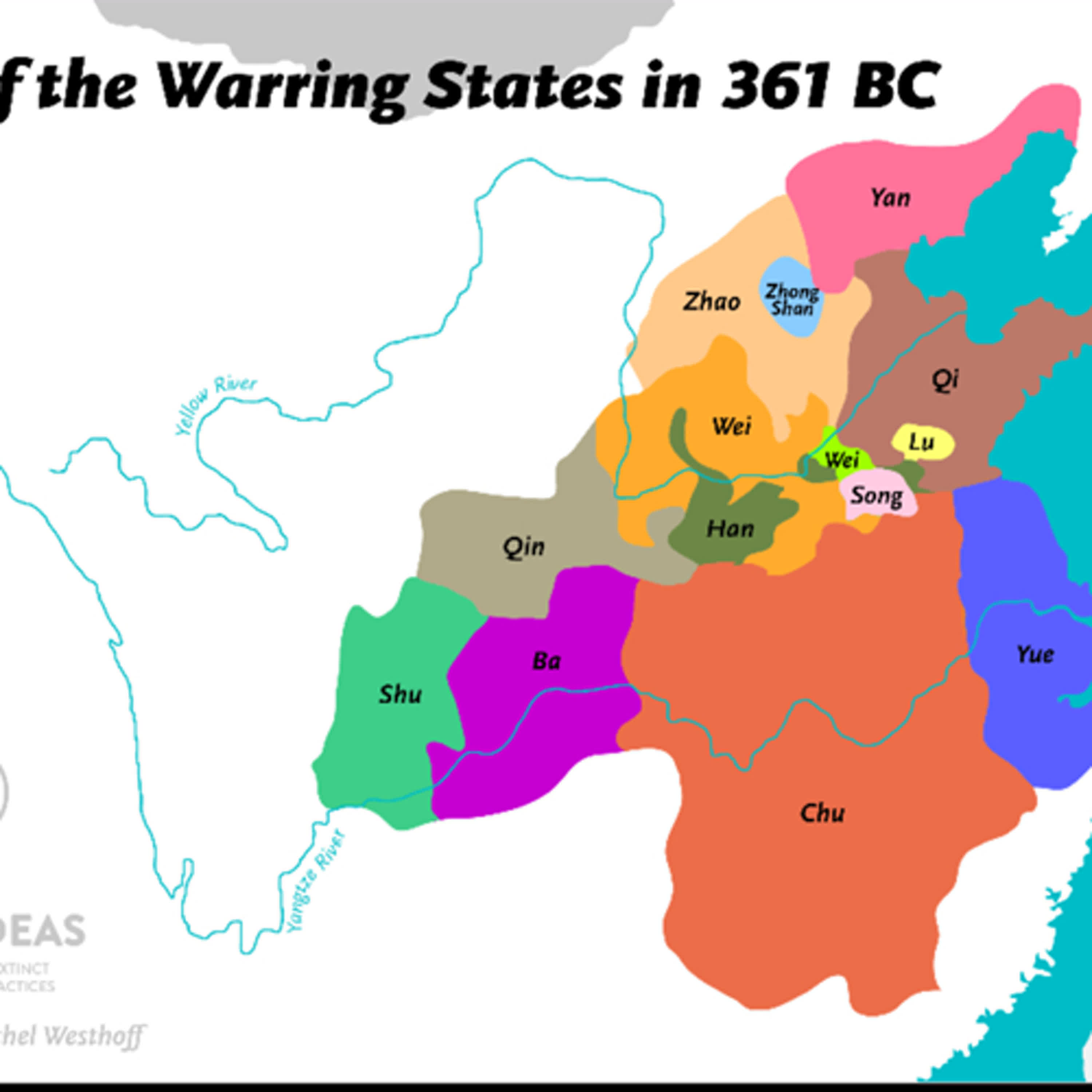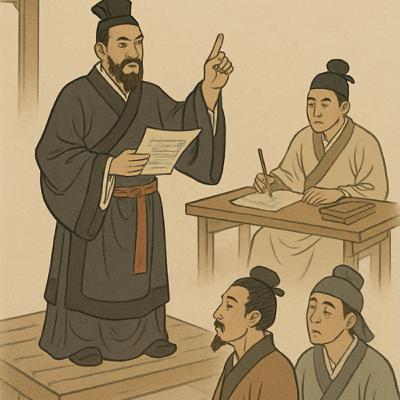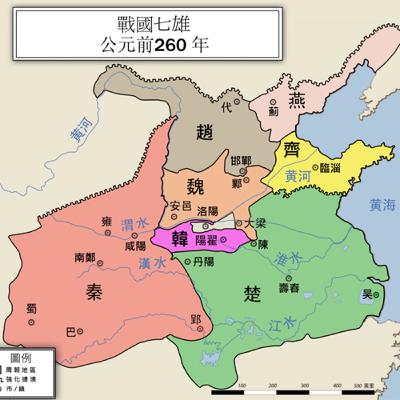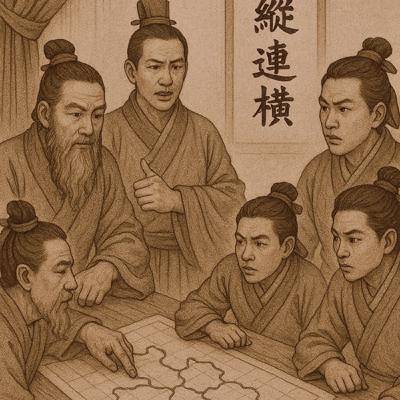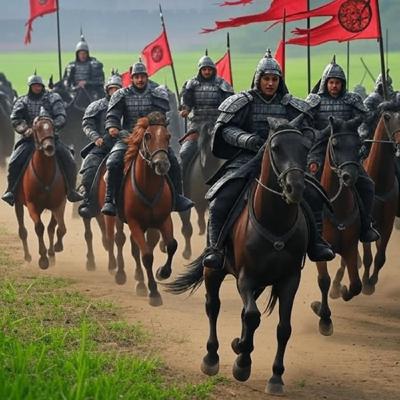The Impacts of the legacy of emperor Liu Bang
Description
Liu Bang's Three Greatest Impacts on Chinese History
Today I want to discuss three of the most significant ways Liu Bang (劉邦), the founder of the Han Dynasty, influenced Chinese civilization after his victory over Xiang Yu (項羽) in establishing the empire.
1. Breaking the Aristocratic Monopoly on Power
Liu Bang's greatest contribution was demonstrating that political power wasn't reserved exclusively for the aristocratic class. Unlike his rival Xiang Yu, who came from noble Chu state lineage, Liu Bang was a commoner who rose to become county chief through popular support. When the opportunity arose to overthrow the Qin Dynasty, people naturally followed his leadership.
Even after defeating the First Emperor's system, Liu Bang chose to create something entirely new rather than restore the old feudal order. He established his own governmental system, showing that anyone could achieve greatness through effort, regardless of their social background. This revolutionary idea encouraged people to work hard for their ambitions, though it also created instability as it inspired future rebellions and power struggles throughout Chinese history.
2. The Transformation of Family Relationships
Liu Bang's rise to power dramatically altered traditional family dynamics. After becoming emperor, he visited his father, but his wife whispered to the father that he should bow to his son, who was now the emperor. Liu Bang's response was particularly telling - he essentially reminded his father of how he had once been dismissed as worthless, asking what he thought now that his son had achieved supreme power.
This behavior was considered extremely disgraceful by Confucian standards, as it violated fundamental principles of filial piety. It established a dangerous precedent that power and position could override traditional family hierarchies and moral obligations - a concept that would influence Chinese political culture for centuries.
3. The Establishment of Authoritarian Political Patterns
Perhaps most significantly, Liu Bang's treatment of his key supporters established patterns of imperial paranoia and political purges that would characterize Chinese governance for over two millennia.
Zhang Liang (張良) was the wisest of Liu Bang's advisors. Recognizing the emperor's growing suspicion of his generals, Zhang Liang strategically withdrew from politics by feigning interest in Daoist practices and retirement. This clever move allowed him to survive Liu Bang's reign, though it demonstrated the precarious position even the most loyal supporters faced.
Han Xin (韓信), Liu Bang's brilliant military commander, was less politically astute. Despite his crucial role in defeating Xiang Yu, Han Xin failed to recognize the political dangers of his position. Liu Bang, threatened by Han Xin's military reputation and popularity, eventually had him executed on fabricated charges of treason.
Xiao He (蕭何), Liu Bang's loyal prime minister, observed Han Xin's fate and realized he too was at risk due to his reputation among the common people. To survive, he deliberately corrupted his image by accepting bribes and engaging in questionable behavior. Though this strategy initially worked, Liu Bang eventually stripped him of many privileges and dismissed him from office. Xiao He was fortunate to die of natural causes, unlike many others.
Lasting Legacy
Liu Bang's reign established several enduring patterns in Chinese political culture:
- The possibility for commoners to rise to supreme power through ambition and capability
- The precedent that political power could override traditional moral and family obligations
- A system where emperors systematically eliminate successful subordinates out of paranoia
- The normalization of political manipulation and the breakdown of principled governance
These patterns continued to influence Chinese politics well into the modern era. While Liu Bang gave hope to commoners that they could achieve greatness through hard work, he also taught that success required breaking rules, manipulating systems, and creating new rules to serve one's interests.
From 206 BCE until arguably the late 20th century, Chinese civilization has struggled with the negative aspects of Liu Bang's political legacy - the tension between meritocratic ideals and authoritarian paranoia that has shaped the Chinese political landscape for over two thousand years.
#unbearable lightness of being#end of classical feudal system#symbolic begin of the age of commoners#first distortion of filial piety#might is right#absolute power brings absolute corruption
Join as a free member to stay updated with the latest information: https://open.firstory.me/join/ckeiik73n1k6i08391xamn9ho
Make a small donation to support this program: https://open.firstory.me/user/ckeiik73n1k6i08391xamn9ho
Leave a comment to tell me your thoughts on this episode: https://open.firstory.me/user/ckeiik73n1k6i08391xamn9ho/comments
Powered by Firstory Hosting

